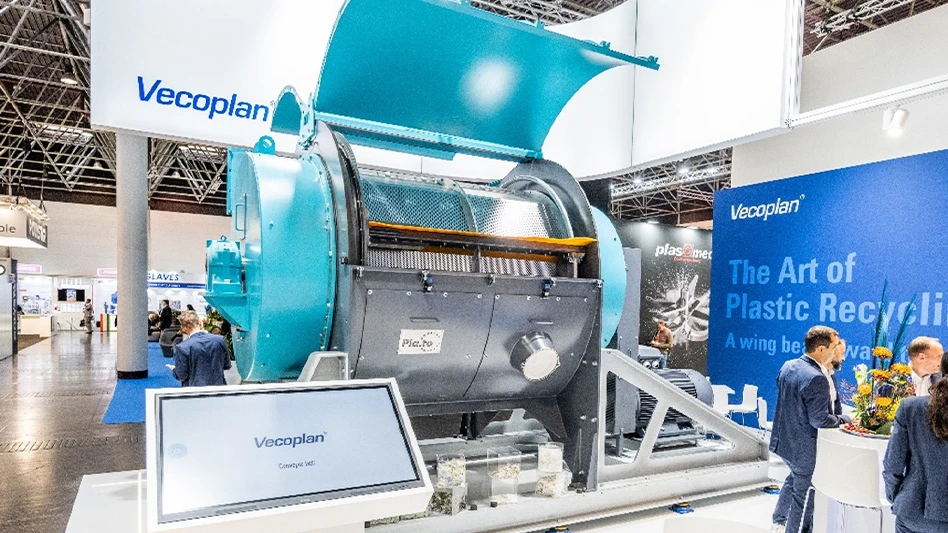
R
ecyclers who may have been deluded into thinking some of the volatility of commodity markets was disappearing have seen that notion fade into the background again in the past 18 months.Markets for many secondary commodities throughout 2004 greatly increased the number of dollars circulating between recyclers, their generators and their consumers. Ideally, good margins were made for all concerned. Certainly, after a few years of market trough conditions, some profitable quarters were past due.
Commodities and basic materials companies were at the bottom of a top-down price squeeze for an extended period. Profits were slim or non-existent, and investment dollars were just as hard to come by.
From 1998 to 2002, cutbacks, layoffs and bankruptcies were too often the topics of conversation for the metals and paper industries and the recycling and equipment-making segments that serve them.
Finally, dollars have started flowing into these companies, allowing them to fill a pent-up demand for capital investments and improvements. As is always the case, when many of these companies really needed borrowed money, it was difficult to find. But now that their balance sheets look better, they are able to attract lenders and investors.
The good times, however, call for good judgment just as the down cycle did. When markets stay aloft for a while, the danger is that a "good times will last forever" mentality will begin to take hold. It can be difficult to discern when a company goes from overdue re-investing to carefree spending, but often the next market downturn will reveal the difference.
Scrap market veterans are a storehouse of collective wisdom on how to handle the ups and downs of the market. One of the agreed upon nuggets of knowledge can be also be found in the Bible, Aesop’s Fables and any number of texts that have stood the test of time: When one has a bountiful harvest, set aside a healthy percentage of the bounty for leaner times ahead.
Managers and executives in the basic materials segments may afford some margin of error when markets are this good, but the margin is still slim.
Equipment purchased in good times must be maintained in the future, and budgets must reflect this. New facilities opened or acquired must now be worked into the operating budget for succeeding years. New hires must be kept busy.
Most of the decisions made in 2004 probably look good right now. The more compelling judgment, however, will be made when the direction of the market cycle changes yet again.

Explore the March 2005 Issue
Check out more from this issue and find your next story to read.
Latest from Recycling Today
- Equipment from the former Alton Steel to be auctioned
- Novelis resumes operations in Greensboro, Georgia
- Interchange 360 to operate alternative collection program under Washington’s RRA
- Waste Pro files brief supporting pause of FMCSA CDL eligibility rule
- Kuraray America receives APR design recognition for EVOH barrier resin
- Tire Industry Project publishes end-of-life tire management guide
- Des Moines project utilizes recycled wind turbine blades
- Charter Next Generation joins US Flexible Film Initiative





